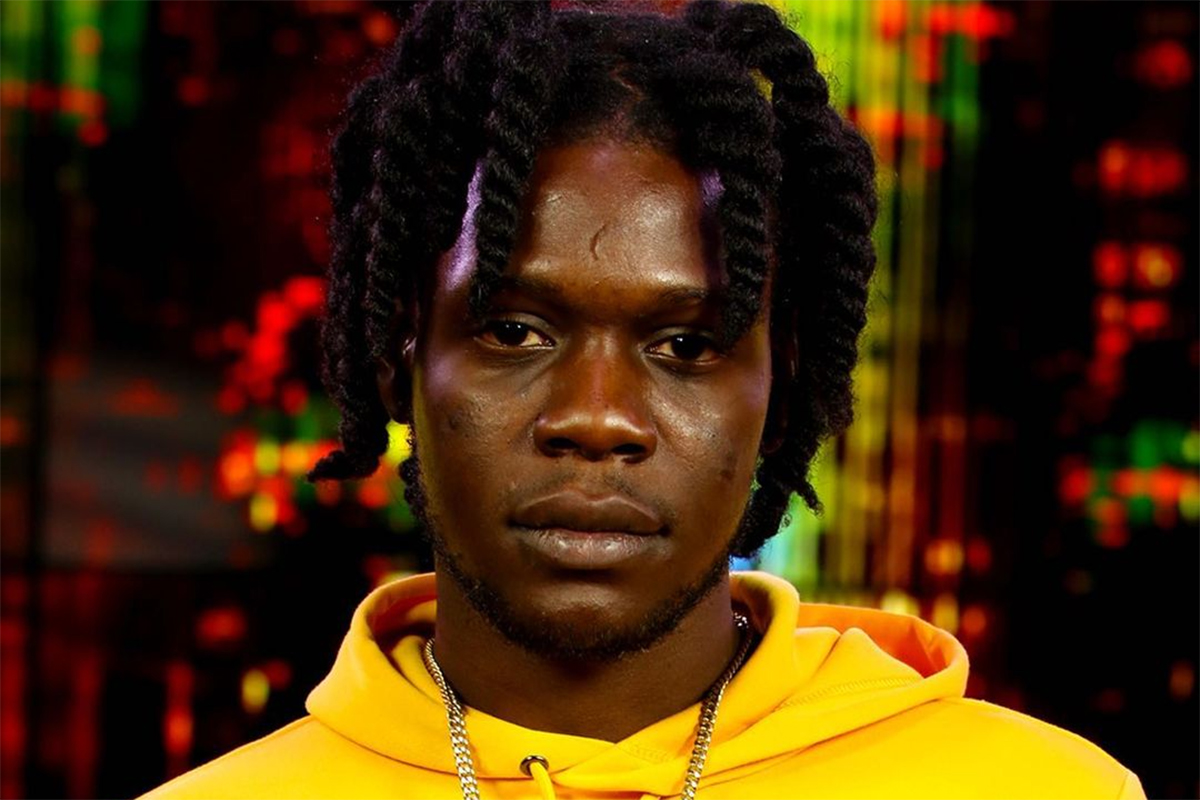Brysco Laments YouTube Strike On New Song “10th Floor” Which Samples Dr. Dre, David Axelrod

Code artist Brysco is bemoaning the fact that his new release titled 10th Floor, a song which heavily samples iconic American producer and composer David Axelrod’s beat titled The Edge, and the hook of Dr. Dre and Snoop Dogg’s The Next Episode, had been “blocked” and, according to him, “shadowbanned” on YouTube.
Brysco has not stated whether or not he received clearance from Dr. Dre or Capitol Records, under which the now-deceased Axelrod’s track was released, but asserted on a recent Instagram Live session, that the treatment of his song appears to be an act of sabotage by those who do not wish him well.
“A bay style ting mi si some people deh pon wid man career yuh know dawg. Man drop 10th Floor and mi song block bredda. Di people dem a restrict mi song dem dawg,” Brysco said.
“When mi release 10th Floor, di same day di song guh numba two trending. Di song get 300 and odd views inna one day… buss ova TikTok – everybaddy a do challenge. Mi gaw a mi bed by di next mawnin mi wake up mi get a text from YouTube she, yow mi song get strike. How mi song get strike? YouTube tell mi seh yow if mi believe seh dis is a mistake, mi fi appeal. Mi appeal fi di song; dem put back di song paa YouTube, but guess wha? Dem shadow-ban di song,” he said.
Axelrod’s The Edge, which Brysco sampled, was released in 1967 on the composer’s A Bit More of Me album.
The Next Episode, for which Brysco sampled the hook “dah-da-da-da-da” was released in 1999 on Dre’s album titled 2001.
The song, which peaked at No. 23 on the Billboard Hot 100, also features Kurupt, and Nate Dogg.
10th Floor, which was premiered on YouTube on July 2, raised the eyebrows of some music fans, who in pointing out that it heavily sampled The Next Episode, said that there could be a lawsuit leveled at Brysco if he got no clearance from the originator of the beat, whom they erroneously thought to be Dr. Dre.
The question was raised after Shoaibian Thompson, in declaring that “Brysco have the lyrics,” stated: “Big up the beat maker and the producer.”
His comment was shot down by Elton Brown who noted: “yea him name dre”, while riderdex03, in support added: “Elton Brown, they don’t even know that it’s a old beat from snoop dogg next episode. Hope they got clearance. But the song not it for me yet. I feel he kinda drop the catch who nows.”
Another follower danfresh876, noted that there would be “no copyright issues” as Brysco and his producer had “only remade the strings,” but danfresh876 reminded him of instances where artists have been sued for using smaller samples from what Brysco had extracted.
“Robin Thicke got sued for remaking a cow bell from Marvin Gaye song. Miley Cyrus got sued for saying we run things from Flourgon. Red Rat [Greensleeves] sued Chris Brown for saying hey you girl in the tight up skirt. And as soon I hear this beat I think of snoop dogg and dre next episode,” he stated.
“Nate Dogg song was it for me on the beat…until this…hope it cleared still caz mi wuddn waa hear seh mi naa goh can listen dis again caz dem cease and desist it,” another commenter added, while Solesbyzay chimed in: “He used lines from the song and flow similar, definitely can get sued!”
Many people are still unaware that Dr. Dre was not the sole creator of the beat for The Next Episode. The beat, which opens with an orchestral flourish, was lifted by Dr. Dre and the song’s co-producer Mel-Man from Axelrod’s The Edge.
However, Dre is not the only musician to have sampled The Edge. Several others also used a sample, including M.I.A in the song Missing Linx in 1998 and Masta Ace in his song No Regrets from the 2001 album, Disposable Arts. John Legend also sampled the beat in his song Actions from his Bigger Love album in 2020.
Axelrod, who died in 2017, started his career in music as a staff producer for record companies specializing in jazz. In the mid-1960s he became known in Soul and Jazz circles for his recording skills, and in 1968, embarked on a solo career.
Thereafter, he released several albums during the 1970s showcasing what music pundits describe as “his characteristic sound, which combined heavily microphoned drums and baroque orchestration, and avant garde themes ranging from the environment to heightened mental awareness”.
